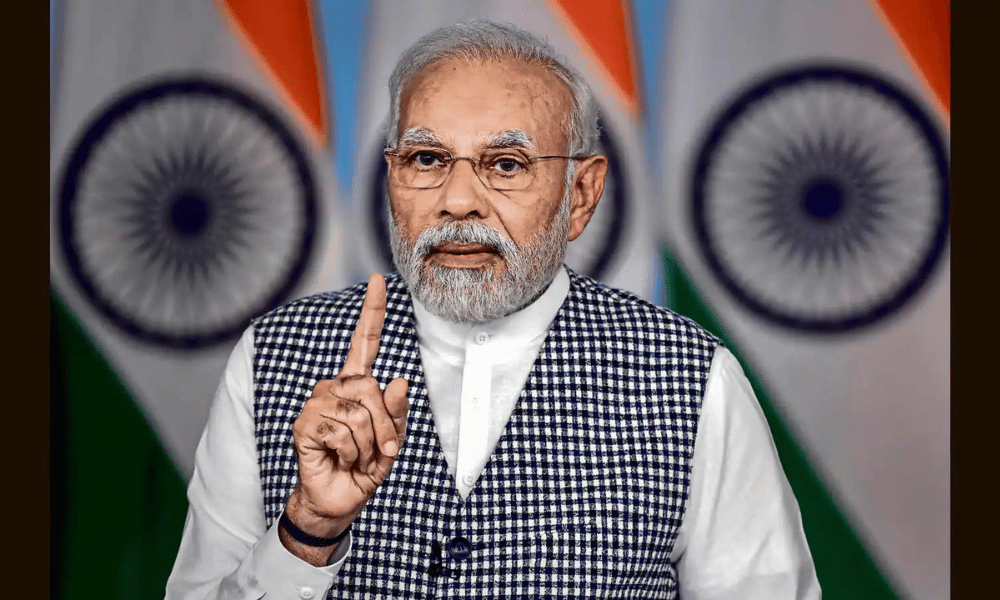
India has big plans to grow its chip-making business, but it is already running into problems.
Foxconn, a company from Taiwan that is best known for making a lot of parts for Apple, announced on Monday that it is leaving a $19.5 billion joint venture with an Indian company called Vedanta. It didn't say why it was leaving, though.
In February 2022, the two companies made a deal to start a joint venture, or JV, to make semiconductors in India.
Foxconn has decided not to move forward with the joint venture with Vedanta, the company, which is called Hon Hai Technology Group in Taiwan and China, told the Taiwan Stock Exchange on Monday. It also said that Vedanta now owns 100% of the JV.
Foxconn said that the two companies had worked together for more than a year to make "a great semiconductor idea a reality," but they have now agreed to end their joint venture, which is now owned by Vedanta alone.
Foxconn did not explain why it left the JV. Insider asked the company for a word, but it didn't answer right away. A source close to the situation told Reuters that Foxconn's move to drop the project in Gujarat, the home state of Prime Minister Narendra Modi, was partly due to worries about delays in the approval of tax breaks.
People think that the breakup is a setback for Modi's goal of making India a key player in the global chip supply chain. This is because of the political issues in the Taiwan Straits.
India already has a chip-making business, but most of the world's chips are made in Taiwan, which China claims as its own territory. Insider has said that Taiwan Semiconductor Manufacturing Company alone makes more than half of the world's supply.
But India's plans to make more chips and make more of them are going slowly.
Aside from the joint effort between Foxconn and Vedanta, two other chip-making projects are also in limbo.
A $3 billion venture under global consortium ISMC — which counts Israel's Tower Semiconductor as a partner — has stalled, as Tower is in the process of being bought by tech bigwig Intel, Reuters reported on June 1.
Reuters says that IGSS venture, a business based in Singapore, also had to stop a $3 billion project because the company wanted to resubmit its application for government incentives.
But there hasn't been nothing but bad news for India's tech goals. Last month, US chipmaker Micron said it plans to put up to $825 million into a testing and packing unit for chips in India.
Rajeev Chandrasekhar, India's minister of state for electronics and IT, tweeted on Monday that Foxconn's move to pull out of its joint venture with Vedanta would have "no impact" on the country's chipmaking goals.
"To those writing that this decision by Foxconn and Vedanta is a "blow" to India's ambitions in the semiconductor industry, I can only say that betting against India under PM Modi is a bad idea," Chandrasekhar wrote on Twitter. (Source)